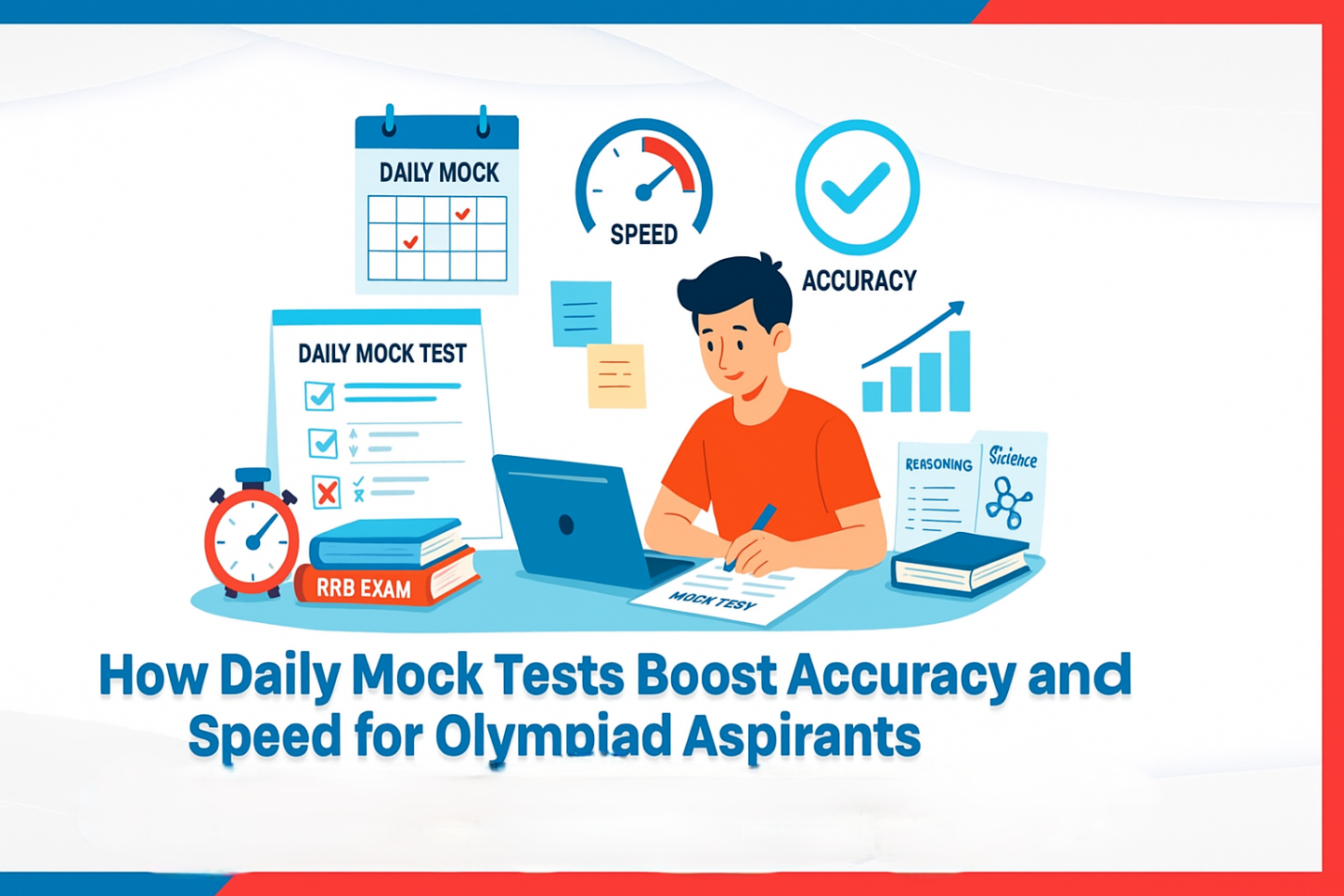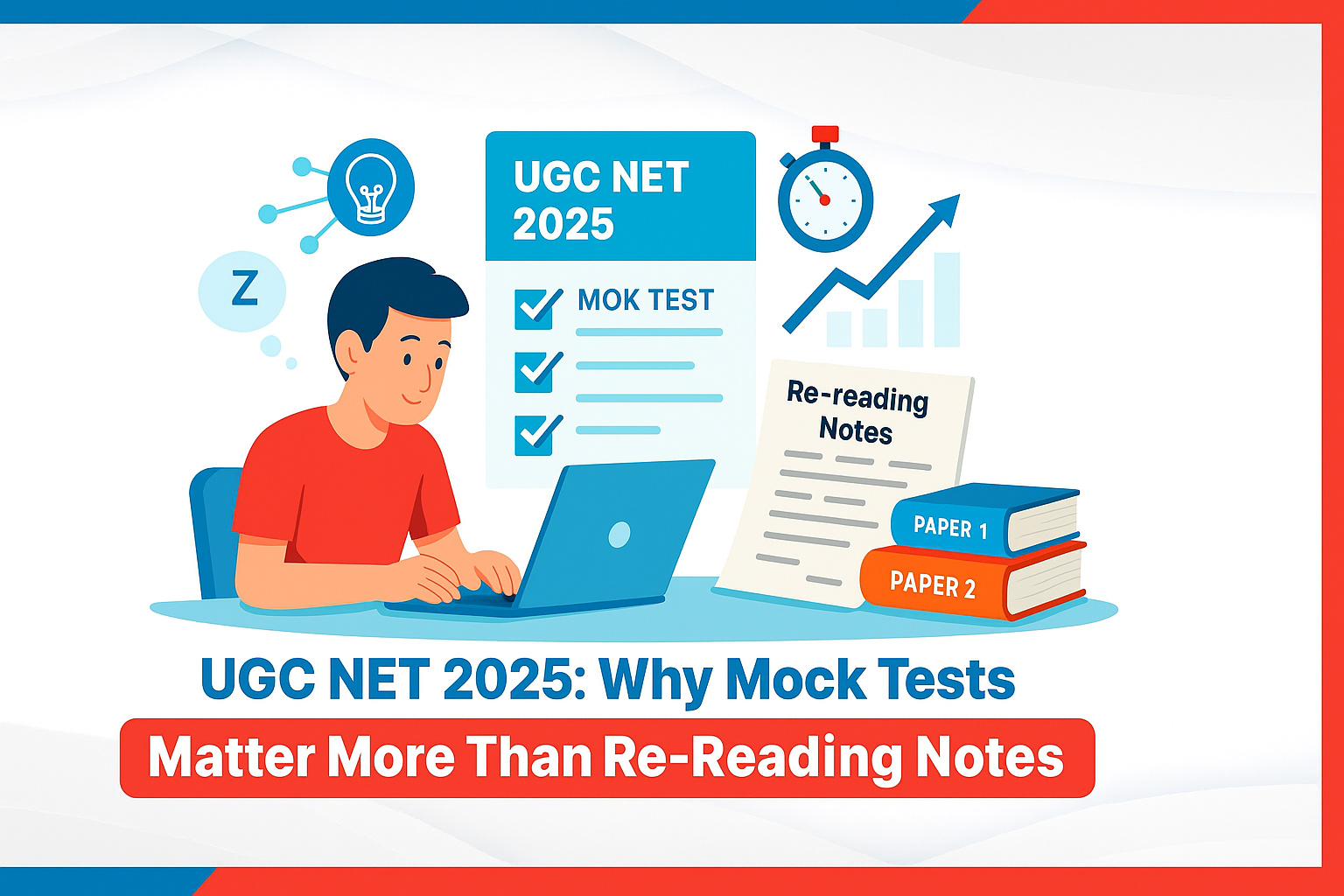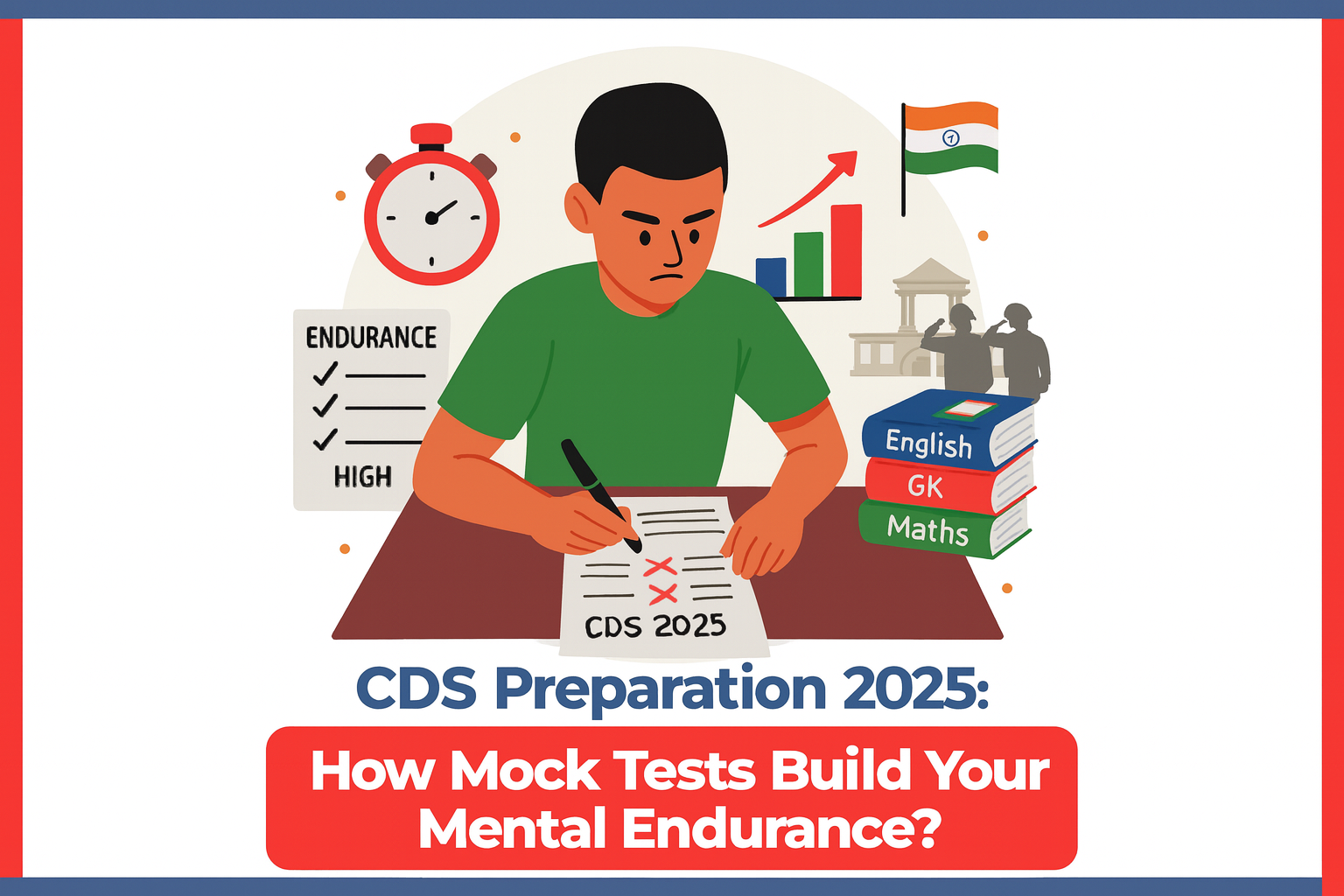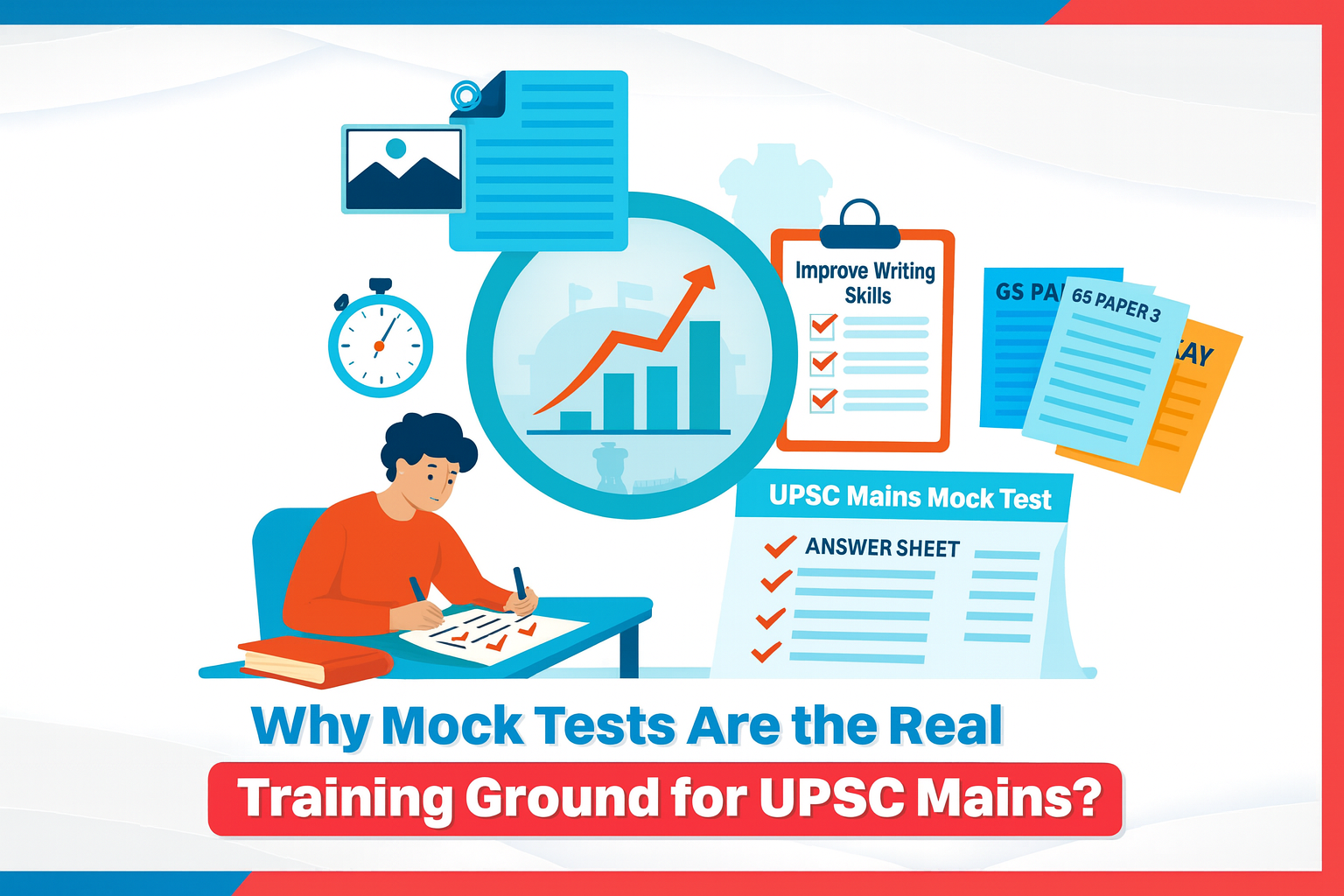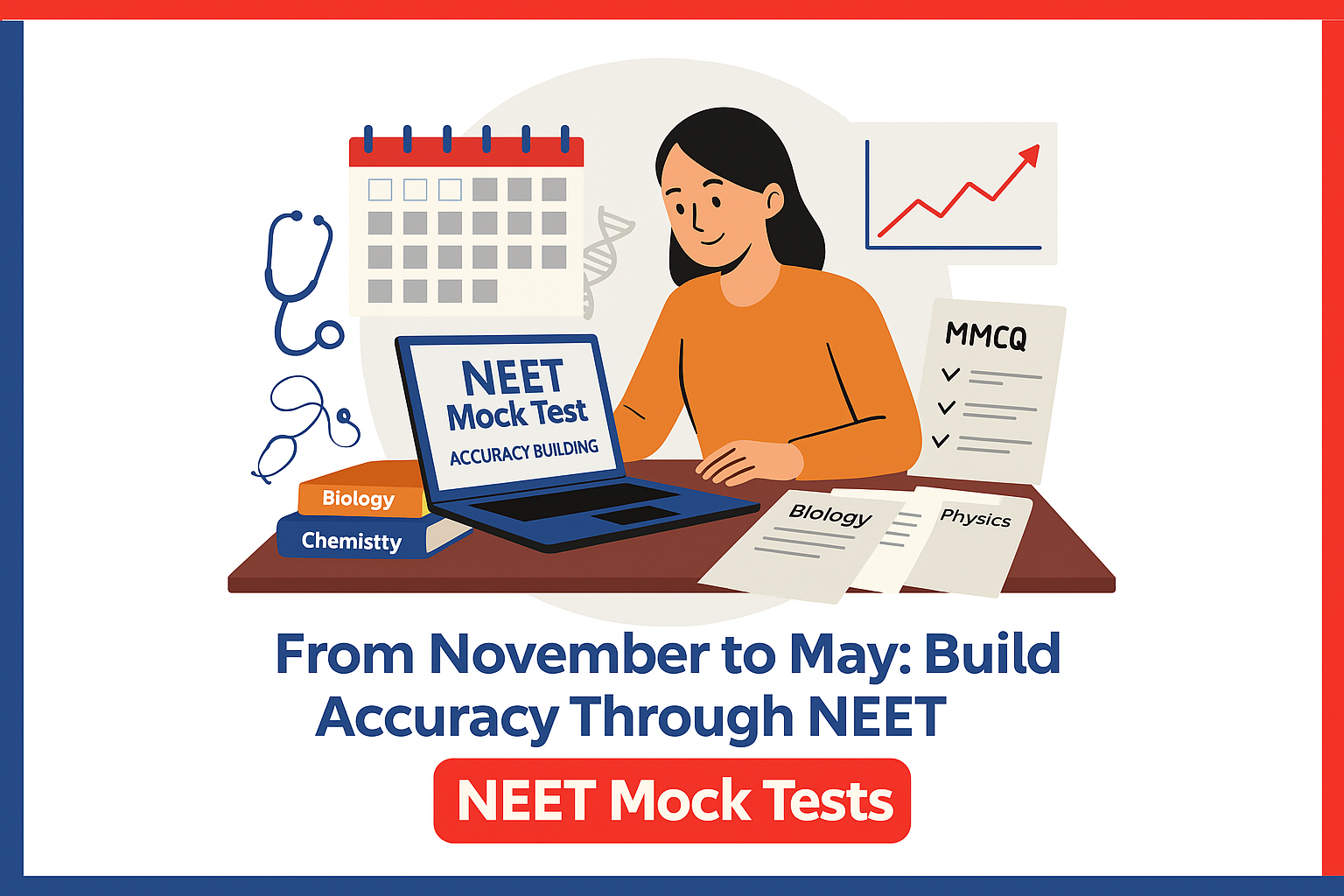
One of the most troublesome scholastic endeavours in India is planning for the Civil Services Examination. Job seekers often spend months covering a vast syllabus, revising multiple times, and even taking a series of tests. Taking a UPSC prelims mock test is an essential step on the way. However, attempting these tests without proper analysis does not add much value.
Must Read- How to Analyze Your Mistakes After UPSC Prelims Mock Tests?
Why Analysis Is Important?
Simulated tests are performed as if they were in a test environment, but the true benefit is knowledge of your test results. Analyzing tests helps you:
- Identify strong and weak areas.
- Increase accuracy and decrease negative marking.
- Enhance time management skills.
- Build confidence for the actual exam.
How to Perform an Evaluation of Your Performance in the UPSC Prelims Mock Test?
You would also be in a position to evaluate your performance on your UPSC prelims mock test by performing the checking of accuracy, checking the time that is spent on the test, checking your performance on a subject-wise basis, as well as planning to craft an action plan that will help you at all times to improve your prelims performance.
For UPSC Online Previous Year Question Papers for the Latest Exam – Click Here
Step 1: Check Accuracy and Errors
Go beyond your total score. See the list of correct questions, incorrect questions, and skipped questions. Jot down why you did not get it right:
- Was it due to a knowledge gap?
- Did you misread the question?
- Was it a guess gone wrong?
This action reminds you whether you should revise the content or be more careful when reading.
Step 2: Time Management Evaluation
One of the biggest concerns in prelims is time pressure. Keep track of the average amount of time you take to answer each question. When you take a long time doing hard questions, you may not be able to do easier questions. Being effective in terms of time allocation is another option that can significantly increase your final score.
Step 3: Subject-Wise Analysis of Results
Break down your performance subject-wise. In this manner, it becomes possible to see what issues should be given priority. Here is an instance:
|
Subject |
Attempted |
Correct |
Incorrect |
Accuracy % |
Priority for Revision |
|
Polity |
15 |
10 |
5 |
67% |
Medium |
|
History |
20 |
8 |
12 |
40% |
High |
|
Environment |
12 |
9 |
3 |
75% |
Low |
|
Current Affairs |
18 |
11 |
7 |
61% |
Medium |
This type of tracking makes revision systematic and focused.
Step 4: Compare with Benchmarks
When one attempts a UPSC free online mock test, one will, on most occasions, get average marks of other candidates in the examination. Expect yourself to reach such standards. When your score falls significantly below the expected cut-off repeatedly, that is an indicator that you need to review your preparation strategy.
Step 5: Create an Action Plan
After evaluation, craft a plan that will guarantee consistent improvement:
- Revise weak subjects on priority.
- Rewrite wrongly answered questions after learning.
- Represent similar sets of questions and solve them.
- Record your improvement after each two or three tests.
Are You a Teacher? For Latest Updated FREE UPSC Specimen Sample Books for Teachers- Click Here
Conclusion
The evaluation of a UPSC prelims mock test allows you to get insights into how well you have prepared. With the help of exam accuracy evaluation, time management, and revision of weak points, you will gradually become more confident about passing the UPSC prelims.
FAQs
1. What is the number of mock tests required to take before UPSC Prelims?
Effective preparation requires approximately 30-40 mock tests with some kind of analysis.
2. Is score improvement the only goal of analysis?
No, you have to improve accuracy, time efficiency, and examination temperament.
3. Can regular analysis reduce exam anxiety?
Yes, it allows you to be accustomed to the pattern of the exam and makes the actual test seem a little easier.





